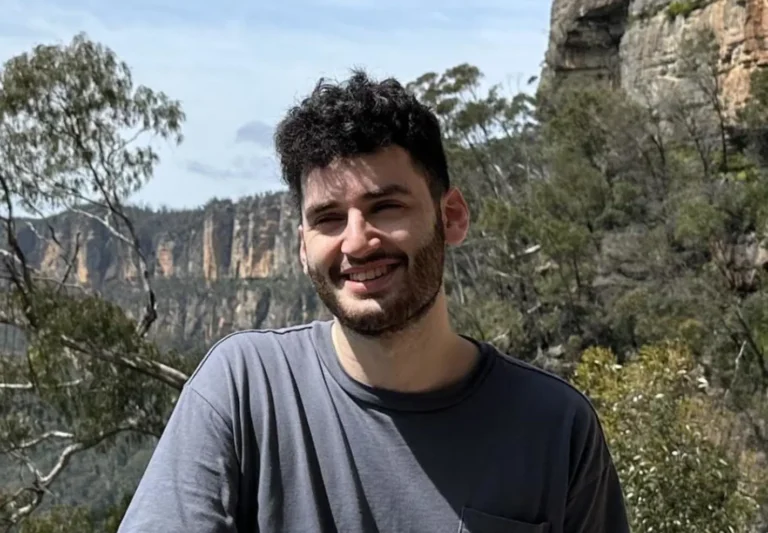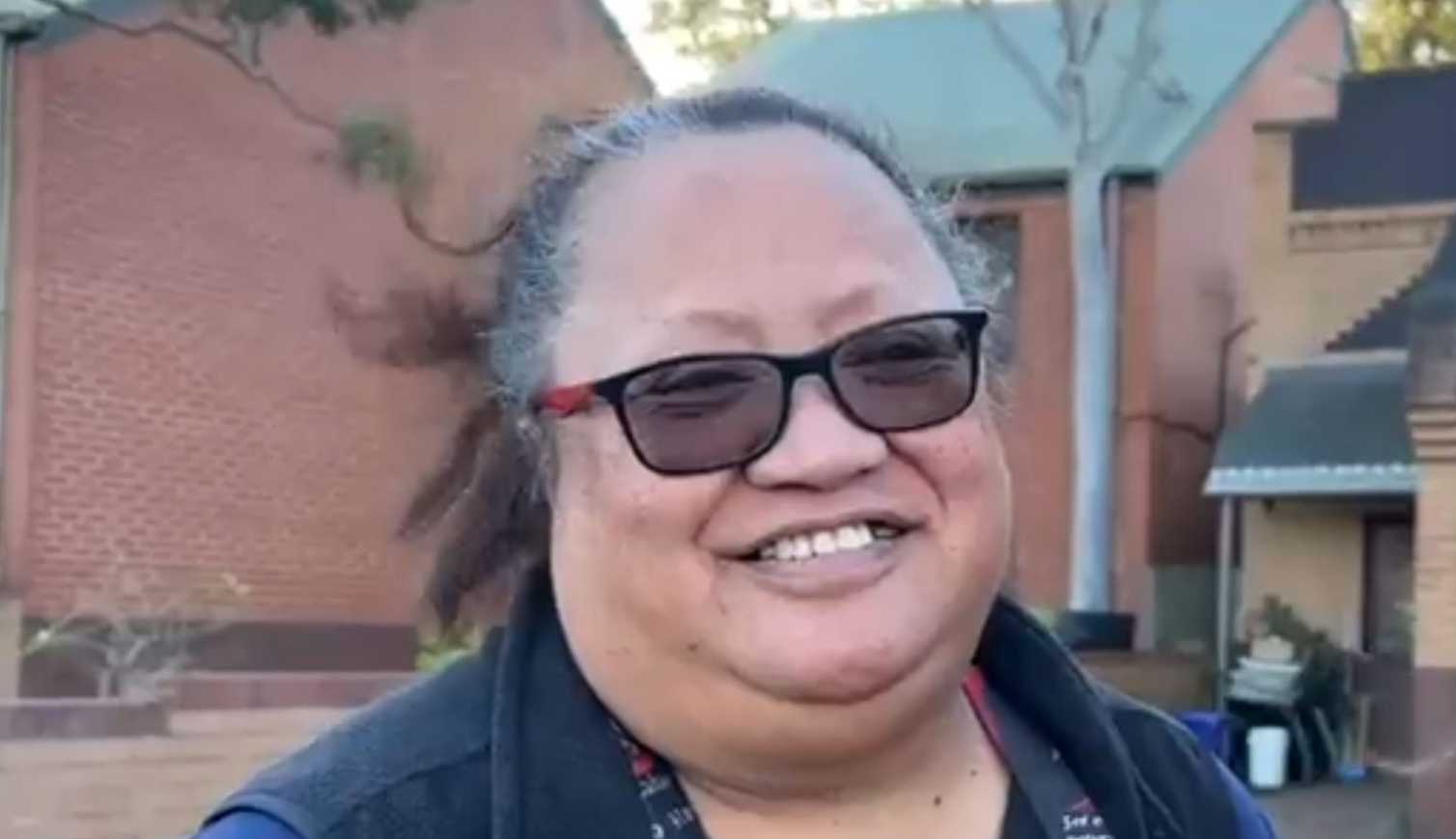
The unexplored link between homelessness and boredom
By LIAM WEBSTER
Boredom is the most curious universal experience. At some point in our lives, we all get bored.
Some people become frustrated, some overeat, others find creative outputs. You might even be bored right now. We often take boredom for granted because there are limitless outlets to channel our time into.
But what if this wasn’t the case? What if your opportunities to relieve boredom were non-existent?
In his 1933 memoir, Down and Out in Paris and London, George Orwell stated that “enforced idleness [is] one of the worst evils of poverty”. He speaks about having days and weeks with nothing to do besides walking around. The burden of vacant time and a limited access to meaningful activity manifested into a perpetual state of boredom. He stated that especially for the uneducated, an unoccupied mind can destroy one’s sense of purpose.
Orwell’s vivid account begs the question, is there a legitimate correlation between homelessness and boredom?
Recent research would indicate that there is. In 2019, Canadian professor C.A. Marshall published a paper that delved into this very correlation. By analysing existing literature, she found that boredom was a “frequent problem” amongst the homeless population, stemming from too much unoccupied time and an inability to easily relieve it, due to low socioeconomic status.
But what is boredom? Marshall offers this definition: “the aversive experience of wanting, but being unable, to engage in satisfying activity”.
Long believed to simply be an “existential nuisance” of the upper classes, this research highlights the nefarious effects that boredom can cause amongst the disenfranchised.
These effects were found to include substance abuse, internet addiction, reduced mental and physical health, and in some cases, criminal activities. All factors that are linked to homelessness regardless of whether an individual is unsheltered or at risk.
Finding routine
To discover more about this under-appreciated link, I discussed this idea with individuals across Sydney and the Northern Beaches.
Andrew, who used to sleep rough around the Kings Cross/Darlinghurst area, explained that boredom was a prevalent aspect of his experience.
“It was a product of having nothing to do and hating [my] life,” he said.
During a normal day, he carried everything he owned, searched for a place to wash his clothes, looked for something to eat and tried to score drugs.
Andrew was forced into an imposed routine to cope with the sheer amount of unoccupied time. With limited possessions and a lack of employment, individuals must do what they can to stay occupied throughout a day. This is the most concerning aspect of boredom. Where meaningful activities are non-existent, we turn to counter-productive solutions.
Whether walking endlessly, or searching for drugs, boredom appears to encourage antisocial behaviour, exactly what Marshall discovered in her research.
Andrew now has a place and works with Rough Edges, a community centre for marginalised persons, as a guide on their ‘urban exposure’ walks.
Through employment, Andrew is more engaged in meaningful activity, a crucial step in quelling the feeling of boredom. There is clearly a need to highlight and address the source of occupational injustice. Through employment, individuals such as Andrew can renew a sense of purpose and belonging in society.
Belonging is evidently a component of boredom itself. I spoke about this with Daniel Peterson, Manager of Homeless Services at Community Northern Beaches (CNB).
For homeless individuals, Daniel has found that boredom is synonymous with a lack of connection, an isolation that separates an individual from the rest of society.
“The internalised shame makes individuals feel unworthy.”
This separation prevents individuals from engaging in meaningful activity, instead trapping them with their own thoughts without a viable means to escape. Extended periods of boredom can cause further emotional distress and a frustration at one’s own situation, a frustration that can boil over into violence towards oneself and others.
We are a judgmental society and often possess preconceived biases towards others, simply by seeing how someone acts or looks. But as Daniel says, “you must always ask the why”.
If an individual is behaving violently, instead of judging them as a violent person, ask why they are acting that way. Is it a product of frustration? The effects of substance use? Both factors trace back to the boredom experienced amongst the homeless population. This research is so important in shifting attitudes. The more that is understood, the more effective the solutions can be.
Finding solutions
Outreach centres such as CNB are essential in facilitating meaningful activities and providing employment support for individuals experiencing homelessness.
But providing holistic care is difficult. Whilst boredom appears to be a primary driver of distress, it is important to address the dominant stresses in one’s life (such as food and shelter) prior to facilitating a path out of idleness.
Dr. Jane Currie is currently formulating her own research to improve available solutions. She works at St. Vincent’s hospital in Kings Cross, contributing to a homeless vulnerability index, amongst other projects.
“Any one of us is at risk of becoming homeless,” she says.
This is the sentiment that continues to drive her work.
Dr. Currie had her own thoughts on boredom. She perceived that rough sleepers are in fact extremely busy in their own routine, and that boredom sets in within transitional housing. Where a major stress (shelter) is addressed, some individuals can be lost, indicating that a change in environment may not positively contribute to meaningful time use. The transition period can be extremely high risk as individuals are often not occupied, leading to a re-entry into antisocial behaviour.
It is evident that more appropriate care is needed. So much is still unknown about the role of boredom upon other impacts of homelessness, but its role is evidently profound.
Within Sydney, the homeless experience is unbelievably nuanced, as every individual has their own story and their own ‘why’.
The work of Daniel Peterson and Dr. Currie is so important in ensuring that homeless and at-risk individuals can feel included as a meaningful member of society.
I only hope that they can receive the funding they need.
To support St Vincent’s Hospital’s research into homelessness click here. Community Northern beaches and Rough Edges are also seeking donations to continue to deliver essential services to Sydney’s homeless community.









